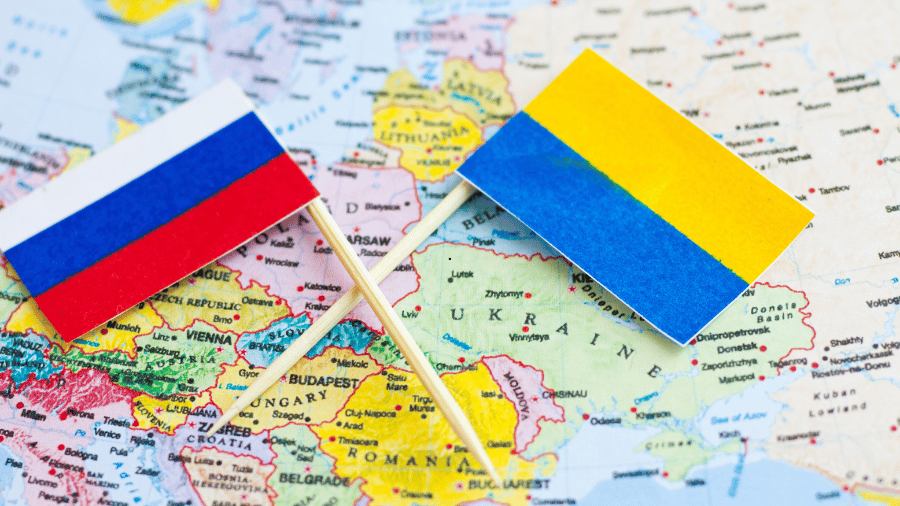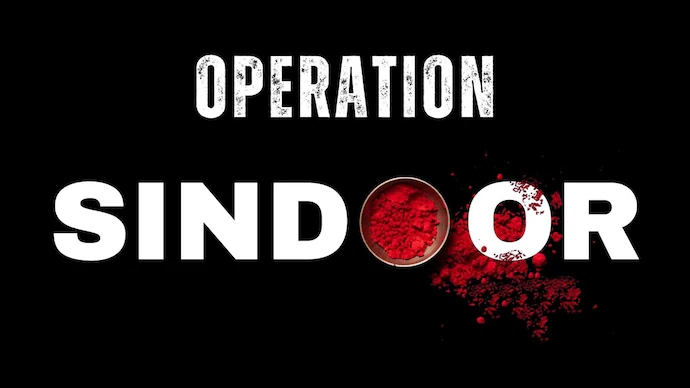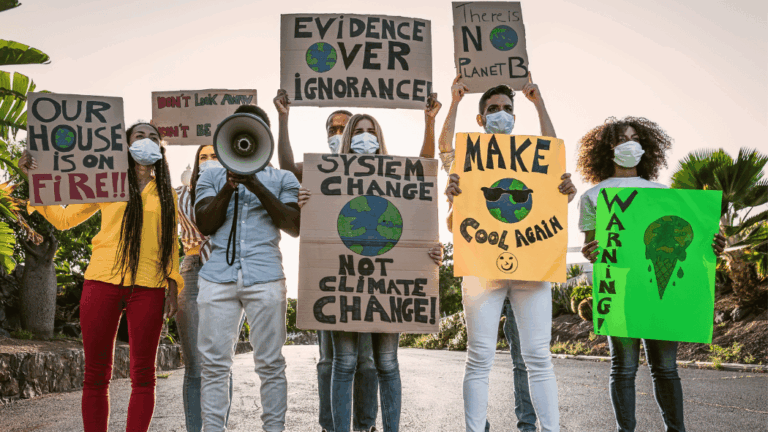The Ukraine-Russia Conflict: Ongoing Geopolitical Impacts and Global Responses

The Ukraine-Russia conflict, which escalated dramatically in 2022, continues to dominate global geopolitical discourse in 2025. This ongoing war has not only caused immense human suffering and displacement but has also reshaped international alliances, economic policies, and security strategies worldwide. Understanding the multifaceted impacts and global responses to this conflict is essential for grasping today’s geopolitical landscape.
The conflict began as a territorial dispute but quickly escalated into a broader confrontation involving complex historical, ethnic, and political factors. Russia’s annexation of Crimea in 2014 set the stage for intensified hostilities in Eastern Ukraine. The 2022 invasion marked a major escalation, leading to widespread destruction, civilian casualties, and millions of refugees fleeing the region.
Internationally, the conflict has triggered a significant realignment of geopolitical relations. Western countries, including the United States, European Union members, and NATO allies, have imposed extensive sanctions on Russia, targeting its economy, financial institutions, and key industries. These sanctions aim to pressure Russia into ceasing hostilities and negotiating a peaceful resolution. At the same time, diplomatic efforts continue through platforms such as the United Nations and the Organization for Security and Co-operation in Europe (OSCE).
The conflict’s economic repercussions are felt globally, particularly in energy markets and food security. Ukraine and Russia are major exporters of wheat, corn, and other essential commodities. Disruptions in these supplies have contributed to rising global food prices and heightened concerns about hunger in vulnerable regions. Meanwhile, European countries are accelerating their transition away from Russian natural gas to diversify energy sources, impacting global energy geopolitics.
Humanitarian organizations, including the International Committee of the Red Cross (ICRC) and the United Nations High Commissioner for Refugees (UNHCR), are actively involved in providing aid to millions affected by the conflict. Efforts focus on delivering food, shelter, medical assistance, and psychological support to displaced populations both inside Ukraine and in neighboring countries hosting refugees.
The conflict also highlights the importance of cyber warfare and information security in modern conflicts. Both sides have engaged in cyberattacks and propaganda campaigns, influencing public opinion and disrupting critical infrastructure. This aspect of the war underscores the evolving nature of security threats in the 21st century.
Looking forward, the resolution of the Ukraine-Russia conflict remains uncertain. Ongoing diplomatic negotiations and peace talks face numerous challenges, including issues of sovereignty, territorial integrity, and political accountability. The international community continues to advocate for a negotiated settlement that respects Ukraine’s independence while ensuring regional stability.
For more in-depth analysis and real-time updates on the conflict, readers can refer to resources such as the Council on Foreign Relations (CFR), United Nations News, and International Crisis Group.
In conclusion, the Ukraine-Russia conflict remains a defining geopolitical event of the decade, affecting global security, economics, and humanitarian conditions. Sustained international engagement, effective diplomacy, and robust humanitarian support are critical to mitigating the conflict’s impacts and paving the way for lasting peace.





